Catholics venerate Mary because she helps us to understand more fully who Jesus is. This is indicated by her last spoken words in Sacred Scripture: "Do whatever he tells you" (John 2:5). Everything that the Church teaches helps us to know Jesus better. The Church's teachings define for us who He is, and who He is not. This is especially truth of her teachings on Mary, which strongly substantiate what we believe about Jesus—that He was at once true God and true man. That Jesus had a human mother proves He was truly human; that His Mother was a virgin, that He had no earthly father, proves He was truly God. It is as Scripture says: "'Behold, a virgin shall conceive and bear a son, and his name shall be Emmanuel' (which means, God with us)" (Matt. 1:23; cf. Isa. 7:14).
Non-Catholic Christians often berate Catholics for calling Mary the Mother of God. Yet this title, by design, says more to us about Jesus than about Mary. In fact, the Church officially sanctioned its use at the Council of Ephesus in 431 as a means of defending the truth of the Incarnation against the false teaching of Nestorius, who denied the Babe born to Mary was truly God.
We find a biblical precedent in the veneration of Mary in the Gospel account of her visit to Elizabeth her elder kinswoman and mother of John the Baptist. At the sound of Mary's greeting, we are told, Elizabeth and her unborn child are filled with the Holy Spirit, and Elizabeth, speaking under the inspiration of the Spirit, cries out, "Blessed are you among women, and blessed is the fruit of your womb! And why is this granted me, that the mother of my Lord should come to me? For behold, when the voice of your greeting came to my ears, the babe in my womb leaped for joy. And blessed is she who believed that there would be a fulfilment of what was spoken to her from the Lord" (Luke 1:42-45).
Like Elizabeth, all of Christ's followers are eternally indebted to Mary; for it was she who uttered the words to the Archangel Gabriel that would bring Our Savior to us: “Behold, I am the handmaid of the Lord; let it be to me according to your word” (Luke 1:38). These words of submission to God’s will at the Annunciation remedied Eve’s rebellion in the Garden of Eden, opening the way for the coming of Christ. This gives her the distinction of being the only person to directly participate with Him in our redemption. Thus, from apostolic times the Church has revered Mary as the New Eve, faithful helpmate of the New Adam (cf. 1 Cor. 15:22, 45). That the New Eve doctrine was universally disseminated from a very early date—taught as it was by Christian apologists in Asia Minor, Northern Africa, and Rome, from the second century forward—indicates it originated with the Apostles themselves. Saint Irenaeus of Lyons, for instance, just two generations removed from them, wrote in about 185 A.D., "Mary alone co-operated with the pre-arranged plan. ... The knot of Eve's disobedience was loosed by the obedience of Mary" (Against Heresies 3:21:7, 3:22:4).
Read more about Mary in the Catechism of the Catholic Church.
Early Church Writings on Mary.
Read a summary on Mary, Mother of God.
Read a summary on the Immaculate Conception.
Read a summary on Mary's Perpetual Virginity.
Read a summary on the Assumption of Mary.
Read a summary on the Veneration of Mary.
Back to previous page on What Catholics Believe & Why.
